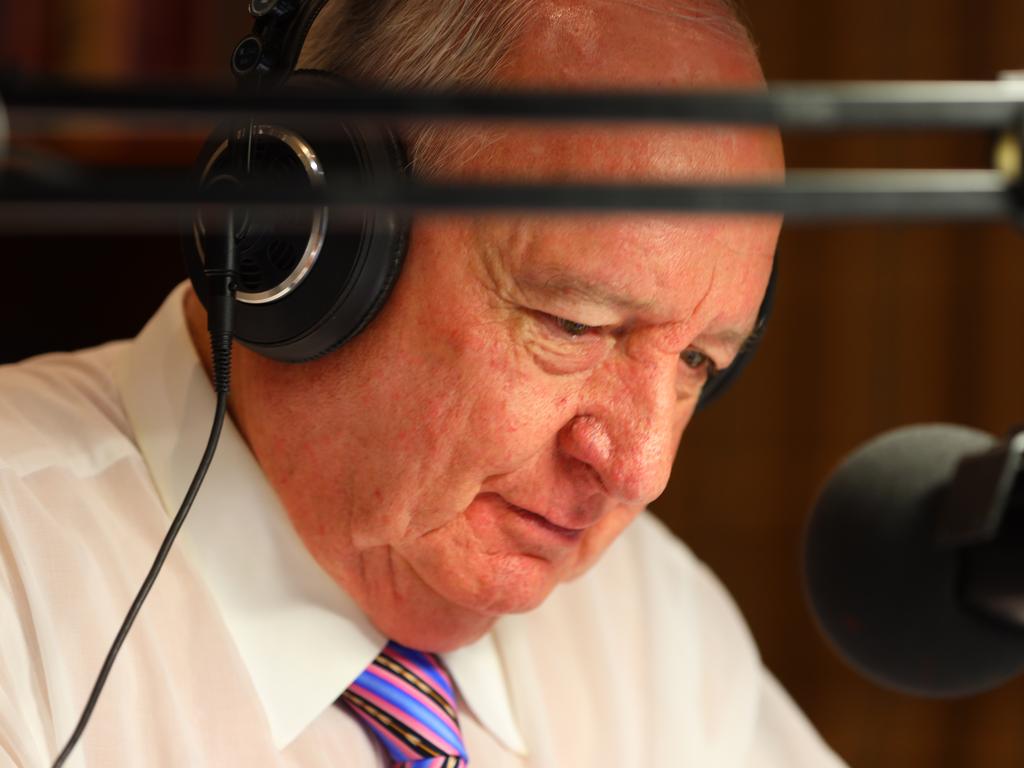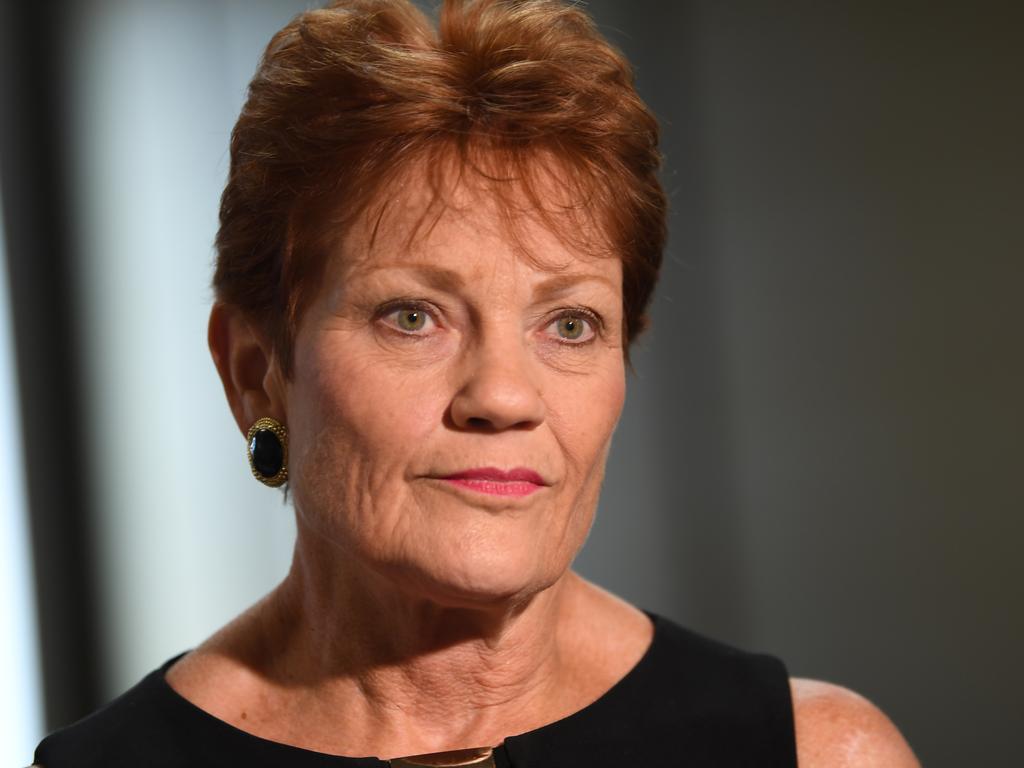Gloomy property projections are overdone

It won’t happen, and here’s why.
The predictions of property value declines are usually premised on the assumption that there will be more sellers than buyers. And perhaps some of those sellers are financially distressed, need to sell quickly and as such will drop their price to secure the sale.
But the fact is that people will fight hard to avoid having to sell their home. It is their “castle” and it’s the last thing they want to do.
At the moment, banks are allowing borrowers to pause their repayments for up to six months. These repayment pauses will expire around September. This is also when JobKeeper payments are expected to cease.
What happens after September if borrowers are not be able to recommence making loan repayments?
If a borrower is unable to resume making normal loan repayments, the bank will have to assess how long it may take the borrower to recover their income.
If the bank believes it will take less than, say, a year, I expect it would be willing to agree to alternative repayment terms, which may include a second (full or partial) repayment pause period.
Banks will only force a borrower to sell their property if they believe it’s the only way it can get its money back. Foreclosing is usually a bank’s last resort, particularly in a post-royal commission environment.
The government closed down the economy to curb the spread of the virus. Most of the people that find themselves in hardship are in that situation as a result of circumstances beyond their control. As such, the government’s approach has been to help them through this, and I believe that approach will continue beyond September.
We must remind ourselves that this economic slowdown was caused by a contraction of supply, not consumer demand. Of course, unfortunately, some people and businesses have suffered severe financial loss as a result. However, there are also a large cohort that has avoided any negative impact and their spending power remains intact.
Consumer demand should bounce back relatively quickly and the flow-on effect to the economy and consumer sentiment will be positive. The Westpac-Melbourne Institute Index of Consumer Sentiment recently enjoyed it biggest monthly gain in May since the survey began nearly 50 years ago.
The main downside risk to the housing market is a second wave of infection that results in lockdown measures being reinstated. That would have severe economic repercussions and definitely weigh on housing values to a material extent.
However, that risk seems to have abated over the past few weeks. Currently, there is a lot of negative sentiment about the property market. No one really knows what will happen over the next few months, including me, of course. However, in the long run, investment-grade property market fundamentals are largely intact, which I think is my most important point.
Stuart Wemyss is an independent financial adviser and author of Investopoly & Rules of the Lending Game.







Economists and commentators have predicted that property values will fall by between 10 per cent and 30 per cent this year — in fact, there is a worst-case scenario out there from Commonwealth Bank that suggests a drop of 32 per cent from top to bottom.